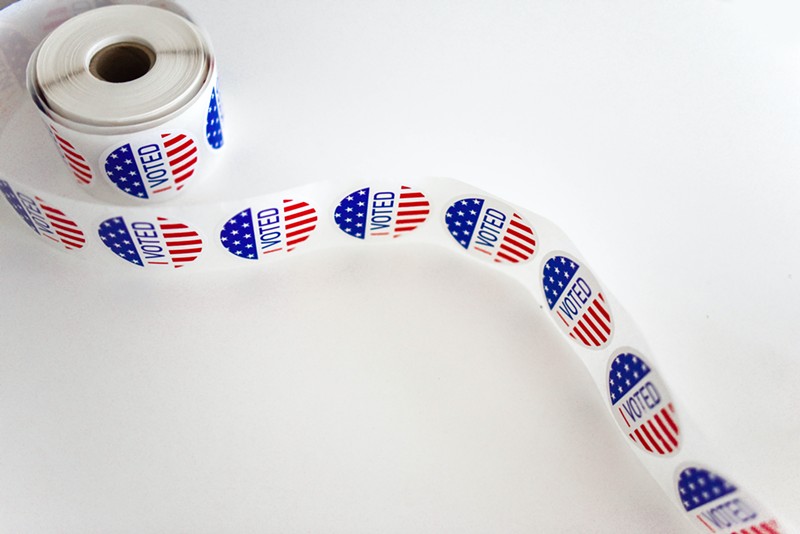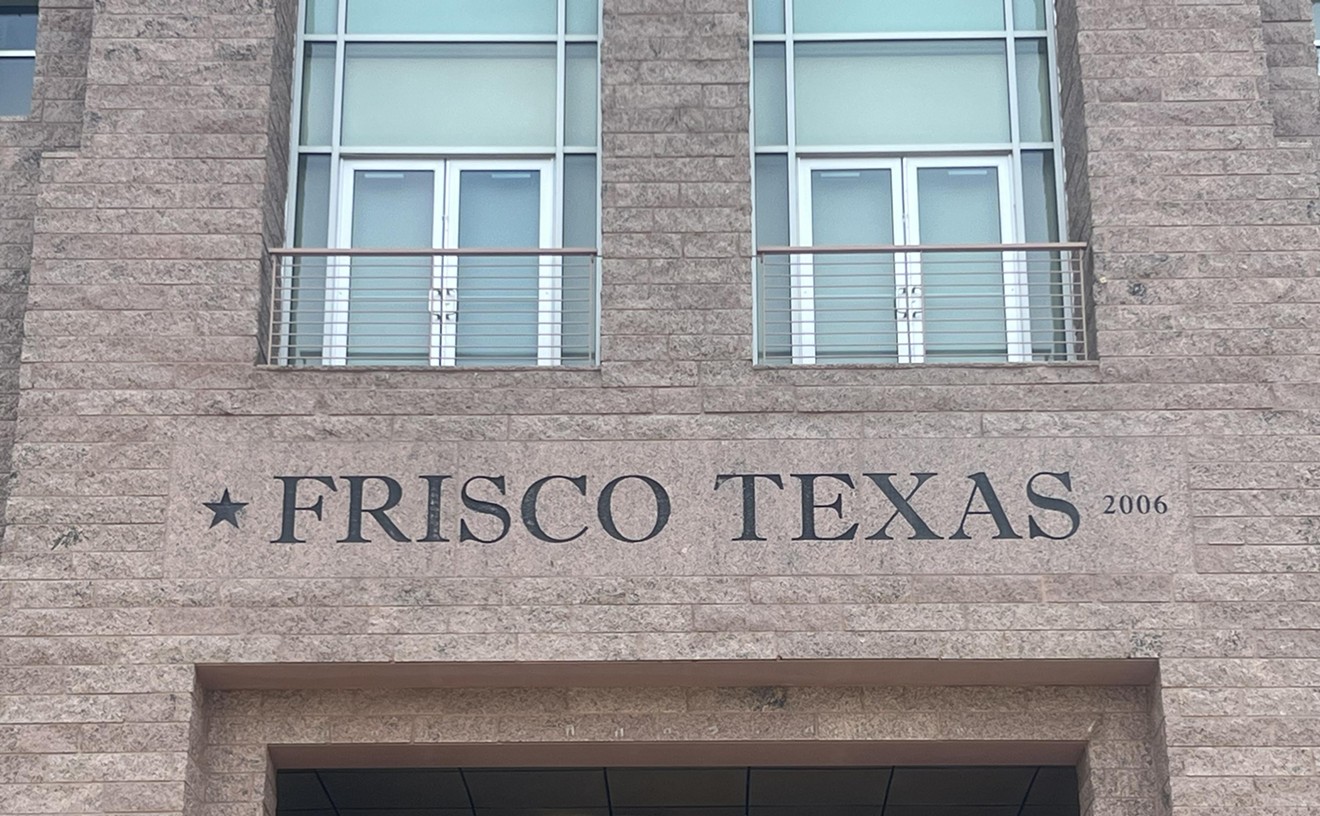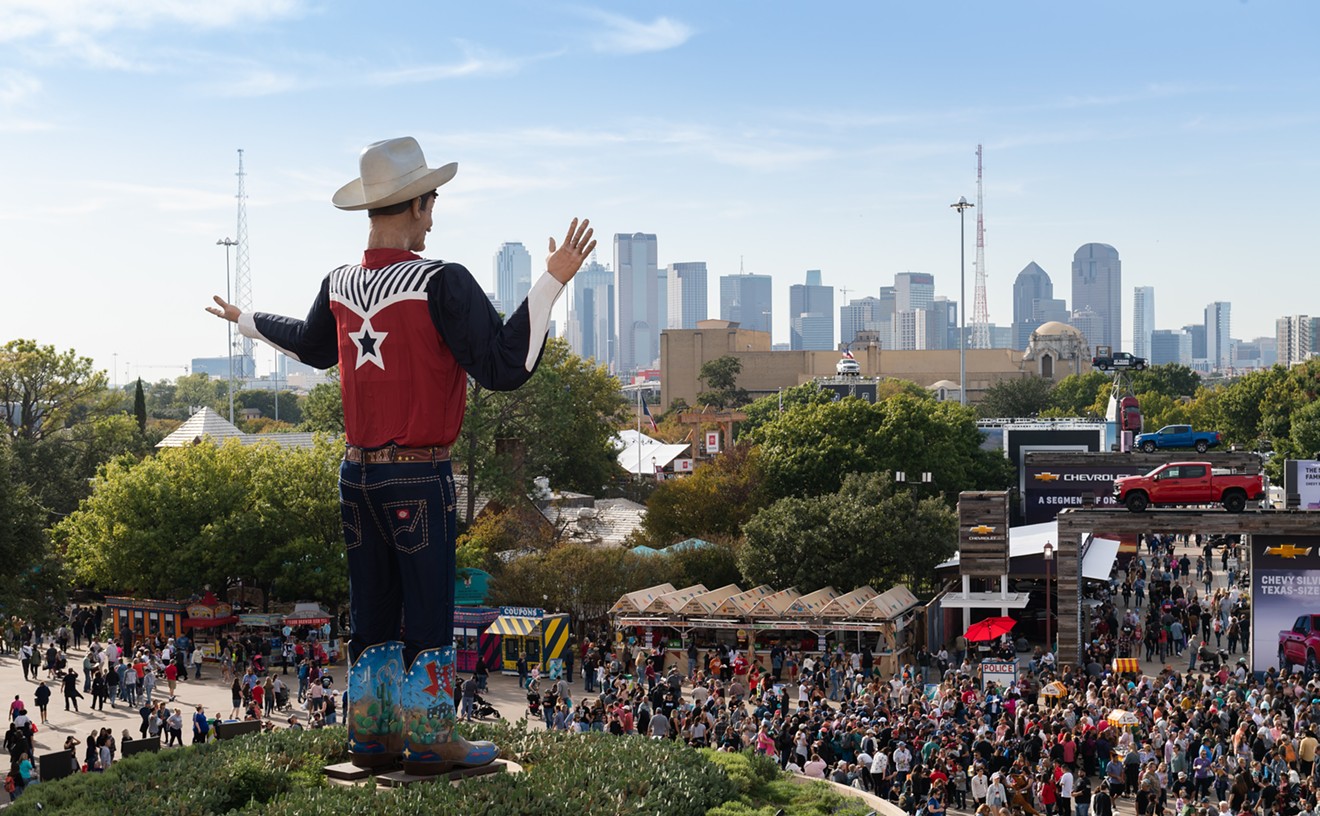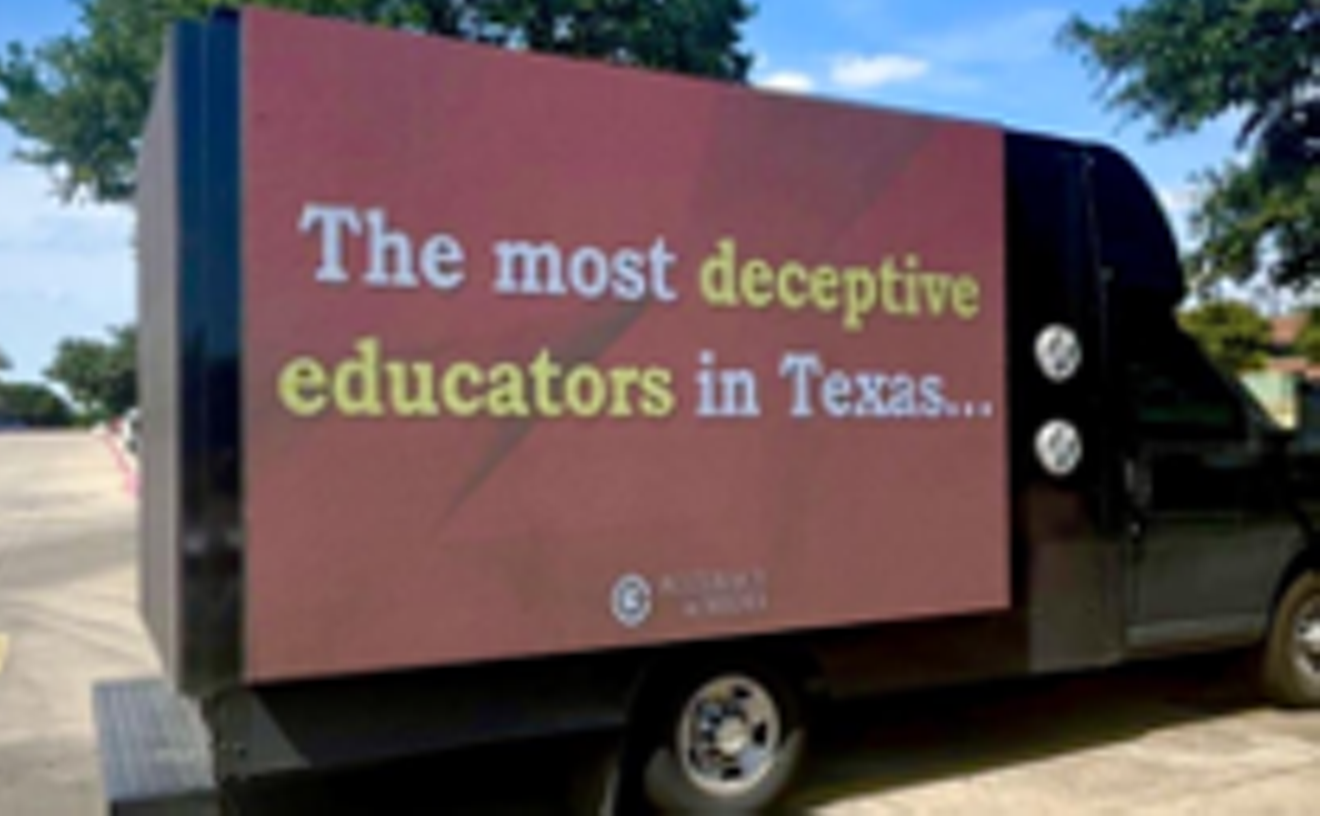Earlier this week, Texas Gov. Greg Abbott announced the removal of 1.1 million names from the state’s voter registration rolls, a purge that ACLU Texas attorney Ashley Harris described as “routine” but timed to “confuse” and “intimidate” voters. Last week in San Antonio, the homes of local Democrats and members of the League of United Latin American Citizens (LULAC) were raided in what Attorney Gen. Ken Paxton described as part of an election integrity investigation. TikTok videos urging Texans to check their registration status have gained thousands of views on social media, and the effects of Senate Bill 1, which was passed in 2021, are just being felt.
Here’s everything you need to know about voting in Texas ahead of the Oct. 7 voter registration deadline.
S.B.1 Takes a Swing at the Mail
After the uproar that mail-in ballots caused in 2020, it seems Texas Republicans have it out for voting by post. Never mind that citizen absentee voting has a nearly 130-year history in our country. Who needs democratic tradition anyway?When Senate Bill 1 was signed into law in 2021, Abbott said the legislation would help “ensure trust and confidence in our elections system.” But voting rights advocates warned the law would have sweeping consequences that would be primarily felt by voters of color. The Brennan Center for Justice, a public policy think tank at New York University’s law school, was one of several groups to challenge the bill in court. Arguments concluded last fall, but so far, no ruling has been made.
(And no one is really sure when one will come. Insert Jeopardy music here.)
The election in November will be largest since the bill went into effect, making it the first time S.B.1’s impact is fully felt, Jasleen Singh, counsel for the center’s Democracy Program, told the Observer. Already, the group has noted new burdens placed on individuals with limited English proficiency or disabilities who may need assistance to register to vote, as well as the criminalizing of nonpartisan voter turnout activities.
@adequinn The only exception is if you qualify to renew your drivers license online, you can register online then. Deadline to register is 10-7.
♬ Game music style electro house(1286144) - G-axis sound music
But the most significant group that could be affected are Texans who vote by mail.
“There are a couple of provisions that require voters who are filling out mail ballot applications to write down an identification number, and that identification — generally your driver's license or the last four of your Social Security — has to match exactly with what's in the voter database already,” Singh said. “And if doesn’t, then that application or that mail ballot will be rejected.”
According to Singh, the number of mail-in ballots that were rejected by the state used to hover around 1%. During the 2022 congressional primaries, that number jumped to 12%, she said.
If you do want to vote by mail in the upcoming election, there are a few key dates to keep in mind. Oct. 7 is the final day to register to vote, but you also have to apply to vote by mail-in ballot. That application is due by Oct. 25, and your county has to receive your ballot by Nov. 5 (or Nov. 6, if the letter is postmarked for the day prior) in order to be counted.
Now, you know how it goes with politicians. Cut off the head of one bogeyman and another appears. Singh pointed out that rhetoric surrounding the number of illegal immigrants who are voting mirrors the national dialogue about mail-in voting just four years ago.
“They're setting themselves up to sort of call into question the validity of the November election results." Singh said. "So if you think about in 2020, the lie was that vote by mail couldn't be trusted. And this year in 2024, it's that non-citizens are voting in droves to steal the election.”
Why Were a Million Voters Unenrolled From Texas’ Registration Records?
By all means, take a peek at your voter registration status. It takes less than a minute, and it’s the civic-minded thing to do each year when election season rolls around. More than likely, you aren’t one of the 1.1 million Texans who were dumped from Texas’ voter rolls in the last few years.That’s because the majority of those taken off the list are individuals who died, those who failed to respond to notices from county election officials, those convicted of a felony or those who moved to a new state. Voter roll maintenance is routine, said ACLU Texas’ Harris, although the timing of Abbott’s announcement raised alarm bells for her organization.
“We're very concerned that Governor Abbott's announcement about the number of people removed from voter rolls takes much of that process and those numbers out of context and poses them in a way that is meant to be intimidating for voters,” Harris told the Observer. “We really want Texas voters to understand that states regularly engage in voter list maintenance.”
Texas doesn’t have the best track record when it comes to conducting that maintenance. In 2019, Texas Secretary of State David Whitley marked 100,000 registered voters for removal from the voter roll, and later investigations found that over a quarter were flagged incorrectly. One thousand other names were found to be newly naturalized citizens who were permitted to vote.
“Non-citizens are not voting in a meaningful number in our election. That is a myth to sow doubt in the integrity of our elections in order to question the results after November 5th.” — Jasleen Singh, The Brennan Center for Justice
tweet this
Harris said that the ACLU has requested additional information from the governor’s office to verify the number of non-citizens found on Texas’ voter registration rolls. This follows Abbott's claim that more than 6,500 people registered to vote in the state were non-citizens.
“Our understanding of the data based on the records that we have is that [Texas officials have] historically relied on flawed data that identifies naturalized citizens who are properly registered to vote,” Harris said. “These numbers seem to be based largely on people who simply missed a notice from the county asking them to confirm their citizenship and didn't respond to that notice. So it doesn't indicate that they aren't citizens, just that they missed a mailer from the county.”
Nonetheless, the governor wasted no time in sending the thousands of names over to Paxton to investigate. In a statement, Abbott said the state will continue “aggressively protecting” the sanctity of elections from illegal voters, but Singh said the historical numbers show non-citizen voting is a non-issue.
“Non-citizens are not voting in a meaningful number in our election. That is a myth to sow doubt in the integrity of our elections in order to question the results after November 5th,” Singh said.
Harris and Singh said they worried Abbott’s announcement will result in a “chilling effect” that will dissuade voters of color from heading to the polls.
Ken Paxton Is Beating Down the Doors of Grandmothers
It turns out that there's something even more threatening to democracy than mail and newly minted U.S. citizens. Grandmothers.So thank God that Ken Paxton set his sights on 87-year-old LULAC volunteer Lidia Martinez last week. Martinez was one of several San Antonio residents whose home was raided last week as part of Paxton’s ongoing election integrity investigation. According to a statement by Paxton, law enforcement received allegations of election fraud and vote harvesting in the 2022 election, leading to the search warrants.
A search warrant obtained by NBC News revealed the following: “The warrant ordered the seizure of all electronic devices at [Martinez's] home, allowed for the opening of documents that were business-, organization- or election-related, and authorized swabbing for DNA. According to the warrant, the purpose of the search was to look for evidence of violations of the Texas election laws regarding vote harvesting and identity fraud.”
Corrupt Ken Paxton is sending goon squads to terrorize our grandmas so he can suppress Latino and Black voters in Texas.
— Senator Roland Gutierrez (@RolandForTexas) August 29, 2024
61 years after the March on Washington, we are still fighting for civil rights and dignity for all Americans. We aren't going to stop! VOTE! https://t.co/WlwOOq1PzV
Latino rights activists have responded with outrage, saying the raids were targeted. LULAC has called on the U.S. Department of Justice to investigate Paxton’s investigation.
“It is disgraceful and outrageous that the state of Texas, and its highest-ranking law enforcement officer, is once again using the power of his office to instill fear in the hearts of community members who volunteer their time to promote civic engagement,” Gabriel Rosales, Texas state director of LULAC, told NBC. “I have been contacted by elderly residents who are confused and frightened, wondering why they have been singled out. Attorney General Paxton’s actions clearly aim to suppress the Latino vote through intimidation and any means necessary to tilt the electoral process in favor of his political allies.”
According to an ACLU Texas spokesperson, the organization is “gathering information” on what occurred at the raids and is unable to comment on them.
Historically, though, Harris said that Texas officials have created “a culture of fear around voting and organizing work that disproportionately impacts voters of color.”













